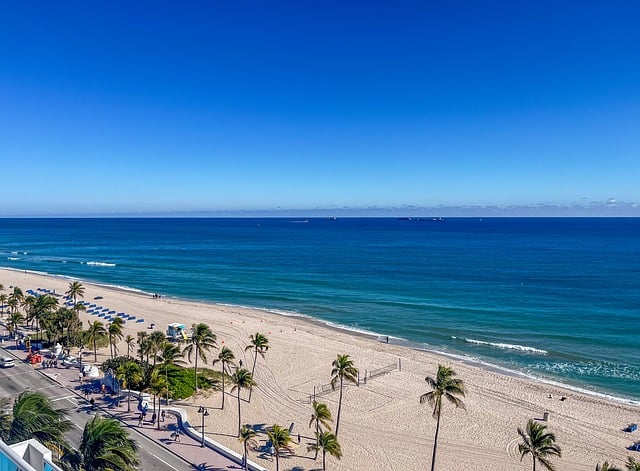
Introduction
In the state of Florida, navigating the complexities of probate law can be daunting for many individuals. Whether you are an executor of an estate or a beneficiary, understanding the role of a probate attorney is crucial for a smooth process. This blog post will explore the responsibilities of a probate attorney, the probate process, and how to find the right legal assistance in cities like Tampa, Miami, and Orlando.
What is Probate?
Probate is the legal process that occurs after someone passes away. It involves validating the deceased’s will, settling debts, and distributing assets to heirs. In Florida, probate can be a straightforward process, but it often becomes complicated, especially if disputes arise or if the estate is large.
The Role of a Probate Attorney
A probate attorney specializes in guiding clients through the probate process. Here are some key responsibilities:
1. **Will Validation**: The attorney helps validate the will in probate court, ensuring it meets all legal requirements.
2. **Asset Inventory**: They assist in identifying and inventorying the deceased’s assets.
3. **Debt Settlement**: The attorney helps settle any outstanding debts or taxes owed by the estate.
4. **Distributing Assets**: They ensure that assets are distributed according to the will or Florida law if no will exists.
5. **Dispute Resolution**: If disputes arise among beneficiaries, a probate attorney can mediate and represent clients in court.
Why You Need a Probate Attorney
Having a knowledgeable probate attorney can save time, reduce stress, and help ensure that the estate is settled correctly. Here are a few reasons why hiring a probate attorney is beneficial:
1. **Legal Expertise**: Probate laws can be intricate and vary by state. An attorney familiar with Florida laws can navigate these complexities effectively.
2. **Preventing Mistakes**: Small errors in the probate process can lead to significant delays or legal issues. An attorney can help avoid these pitfalls.
3. **Efficient Process**: A probate attorney can streamline the process, ensuring that everything is handled promptly and efficiently.
Finding a Probate Attorney Near You
When searching for a probate attorney in Tampa, Miami, or Orlando, consider the following tips:
1. **Research Local Attorneys**: Look for probate attorneys in your area with good reviews and a solid reputation.
2. **Check Qualifications**: Ensure the attorney specializes in probate law and has experience handling cases similar to yours.
3. **Schedule Consultations**: Many attorneys offer free consultations. Use this opportunity to discuss your case and gauge their expertise.
4. **Ask About Fees**: Understanding the attorney’s fee structure is crucial. Some charge hourly rates, while others may work on a flat fee basis.
The Probate Process in Florida
The probate process in Florida typically involves several steps:
1. **Filing the Will**: The process begins by filing the deceased’s will with the probate court.
2. **Appointment of Executor**: The court appoints an executor or personal representative to manage the estate.
3. **Notifying Heirs and Creditors**: The executor must notify all heirs and creditors of the probate proceedings.
4. **Inventorying Assets**: The executor will compile a detailed inventory of the estate’s assets.
5. **Paying Debts and Taxes**: Before distributing assets, the executor must settle any debts and taxes owed by the estate.
6. **Distributing Assets**: Finally, the remaining assets are distributed to the beneficiaries as outlined in the will.
Common Issues in Probate
Probate is not without its challenges. Some common issues that may arise include:
1. **Will Disputes**: Heirs may contest the validity of the will, leading to lengthy court battles.
2. **Mismanagement of Assets**: If the executor fails to manage the estate properly, disputes may occur among beneficiaries.
3. **Undisclosed Assets**: Sometimes, assets may be overlooked during the inventory process, leading to disputes later on.
4. **Creditor Claims**: Creditors may come forward with claims against the estate, complicating asset distribution.
Conclusion
In conclusion, navigating the probate process can be overwhelming, but hiring a qualified probate attorney can make a significant difference. By understanding the role of a probate attorney and the steps involved in the probate process, individuals in Tampa, Miami, and Orlando can ensure that their loved one’s estate is handled efficiently and in accordance with the law. If you find yourself in need of legal assistance, take the time to research and consult with local probate attorneys to find the best fit for your needs.
